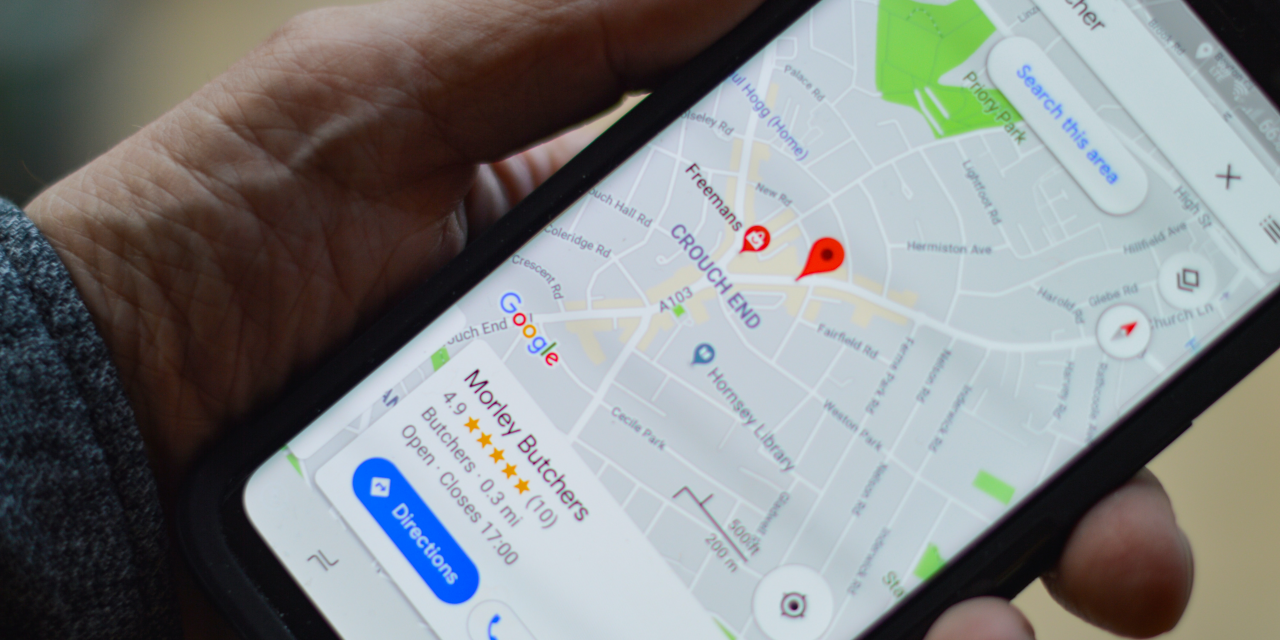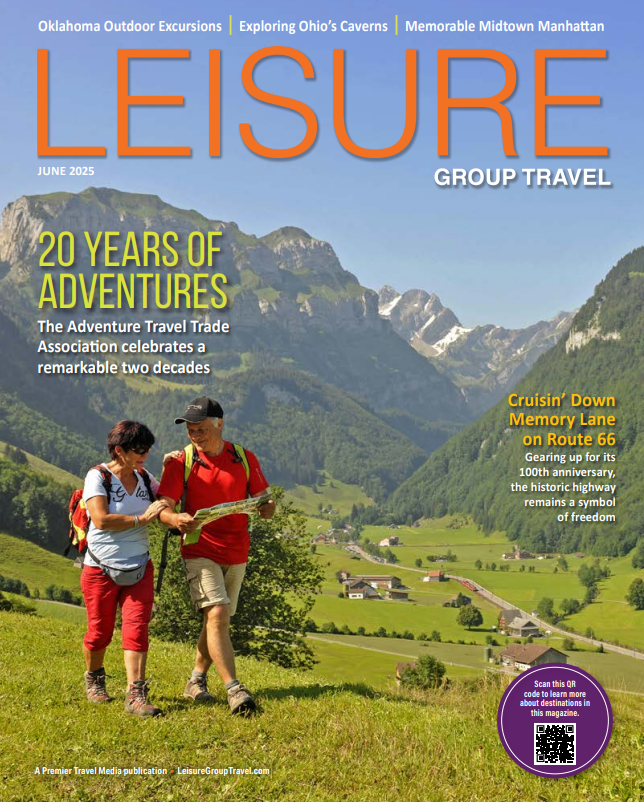Obviously, destinations seek to attract people from all across the state, country and even the world. However, that doesn’t mean they should forgo improving their local search rankings. By optimizing for local search, destinations can encourage leisure and tourism within their own region to both residents and visitors alike, by providing content that promotes the local businesses that make up their members.
Performing a local SEO audit will identify your site’s strengths and weaknesses to help you perform stronger in local search and better facilitate the connection between your members and their potential customers.
Here are four core elements to examine during Seo audit:
1) Google Business Profile
Google Business Profile, formerly Google My Business, is a prerequisite for any fully functioning local SEO campaign. If you don’t already have a verified profile account, this should be your first step.
Once set up, your profile will appear in standard search results pages as well as on Google Maps and is usually the first exposure to your business that searchers will see, so it should be as complete and updated as you can make it.
Sift through all of the information about your company to create a true portrayal of your services, products, location, hours, and other details. Google evaluates listings based on relevance, distance, and popularity, so consider how you might improve your listing to encourage good rankings.
2) Keyword Targeting
Keyword targeting is an important part of all SEO, however, local SEO necessitates the use of specific keywords that are exclusive to your destination or target region.
Go over your rankings and see if there are any location-based terms that may help you stand out. These might include phrases with “near me” in the keyword, such as “things to do with kids near me” or “hotels near me.”
It is also helpful to geo-modify existing organic keywords to help bolster your local SEO efforts. This involves identifying a relevant keyword such as “family-friendly attractions” and appending your location to it, “family-friendly attractions in Chicago.”
Most destinations usually want to avoid placing such local keywords in your on-page title, as it might be unsightly for your readers. However, you can still place them in your Meta Title, Meta Description, Img Alt Tags and even slip a few into the body copy of your page without becoming unsightly.
Backlink Profile
Backlinking has always been a powerful ranking factor for Google and shows no signs of diminishing. Maintaining a healthy backlink profile can significantly improve your exposure in local search results.
You can build good local backlinks naturally by producing content with descriptive phrases about your area or take a more active approach and reach out to relevant, local businesses, associations and government agencies requesting a link.
When auditing your backlinks make sure that those linking to you aren’t using descriptive or over generalized anchor text. This type of questionable behavior sets off alerts with search engines as spammy or dishonest and can turn a link from a good website into a penalty.
Good anchor text should consist of a word or phrase that accurately relates to where the link is pointing. For example, for a page about “family-friendly attractions in Chicago” acceptable anchor text could be: Family-friendly Attractions; Chicago Attractions; Things to Do in Chicago for Families.
Lastly, make sure to disavow any poor or toxic backlinks that you find in your audit with Google Search Console. Most websites generate a few dozen toxic links per month, so keeping on top of these can make a real difference.
Check citations and mentions
Citations and mentions, which occur when other websites discuss your brand without necessarily connecting to it, also affect your local SEO. Typically, citations include your name, address, and phone number (also known as NAP), but can also be more expansive with elements such as photos and reviews.
Local citations of high-quality can help search engines fill in the blanks concerning your authority and reach, and you should check your citations and mentions during your local SEO audit. You can unknowingly, yet easily accumulate hundreds of such citations. Software solutions, such as BrightLocal or SEMRush can help you in updating and maintaining all your citations en masse.
While there is always more that can be done, if you can successfully execute these four core elements, you will be well on your way to improving your local SEO, thereby increasing your local exposure and better facilitating your mission statement of promoting your destination and its members.
By Lance Harrell






